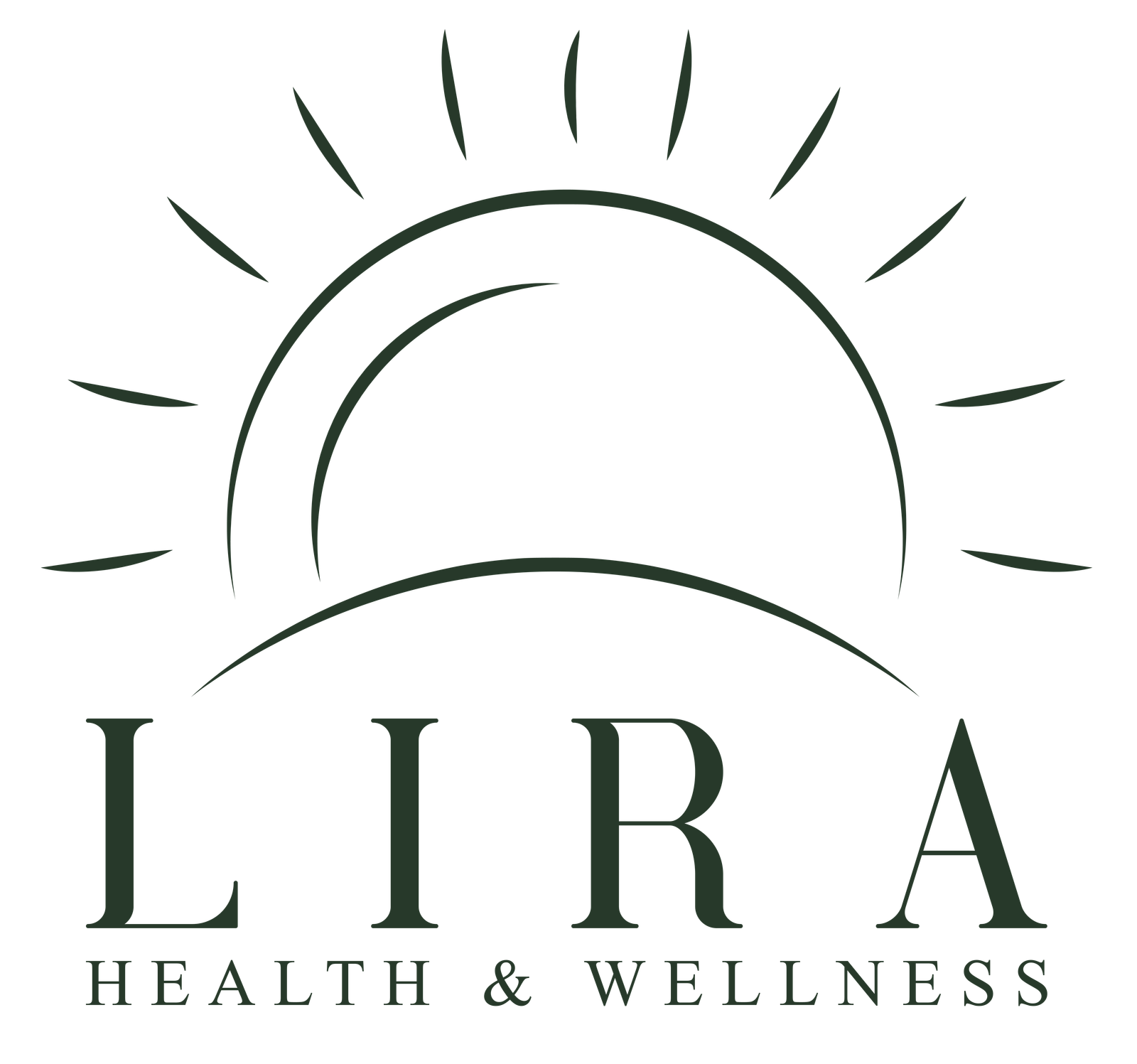The surprising link between your mental and digestive health.
Have you ever experienced butterflies in your stomach before a big presentation or felt sick to your stomach after receiving bad news? These physical sensations in your gut are just one example of the gut-brain connection. In fact, the gut and brain are closely connected and work together in many ways, including influencing your mood and stress levels.
Research shows that the gut is home to a complex ecosystem of bacteria known as the gut microbiome. This microbiome plays a crucial role in digestion, immune function, and overall health. However, it also has a direct impact on brain function and mental health.
One way the gut microbiome affects the brain is through the production of neurotransmitters. Neurotransmitters are chemical messengers that transmit signals between nerve cells in the brain. In fact, 90% of the body’s serotonin, a neurotransmitter that regulates mood, is produced in the gut.
Studies have also shown that the gut microbiome can influence the hypothalamic-pituitary-adrenal (HPA) axis, which is the body’s stress response system. When the gut microbiome is imbalanced.
healing stress through the gut is possible by understanding the gut-brain connection. you can achieve a healthy balance of bacteria in your gut, which can help reduce the negative impact of stress on your physical and emotional health, just by implementing small new daily habits such as …
- Eat a healthy, balanced diet: A healthy diet is essential for gut health. Eat plenty of fruits, vegetables, and whole grains, and avoid processed foods, sugar, and alcohol. Also, try to eat slowly and mindfully, and avoid eating when you are stressed.
- Take probiotics: Probiotics are beneficial bacteria that can help restore the balance of bacteria in your gut. You can take probiotic supplements or eat probiotic-rich foods, such as yogurt, kefir, and sauerkraut.
- Reduce caffeine and alcohol: Both caffeine and alcohol can disrupt the healthy balance of bacteria in your gut. Try to reduce your intake of these substances or avoid them altogether.
- Practice stress-reducing techniques: Stress-reducing techniques, such as meditation, yoga, and deep breathing, can help reduce the negative impact of stress on your gut. These techniques can help calm your mind and body, which can promote healthy digestion.
- Get enough sleep: Lack of sleep can disrupt the healthy balance of bacteria in your gut. Make sure you get enough sleep each night, and establish a regular sleep routine to promote healthy digestion.
Please note that even though I am a certified Health Coach, this website does not offer any medical or nutritional advice. This article has been created solely for informational purposes. It is not intended to replace professional medical advice, diagnosis, or treatment. Before starting a new diet or healthcare routine, always consult with a qualified healthcare provider, such as your physician, nutritionist, or dietitian, to address any questions or concerns you may have about specific dietary requirements or limitations.


